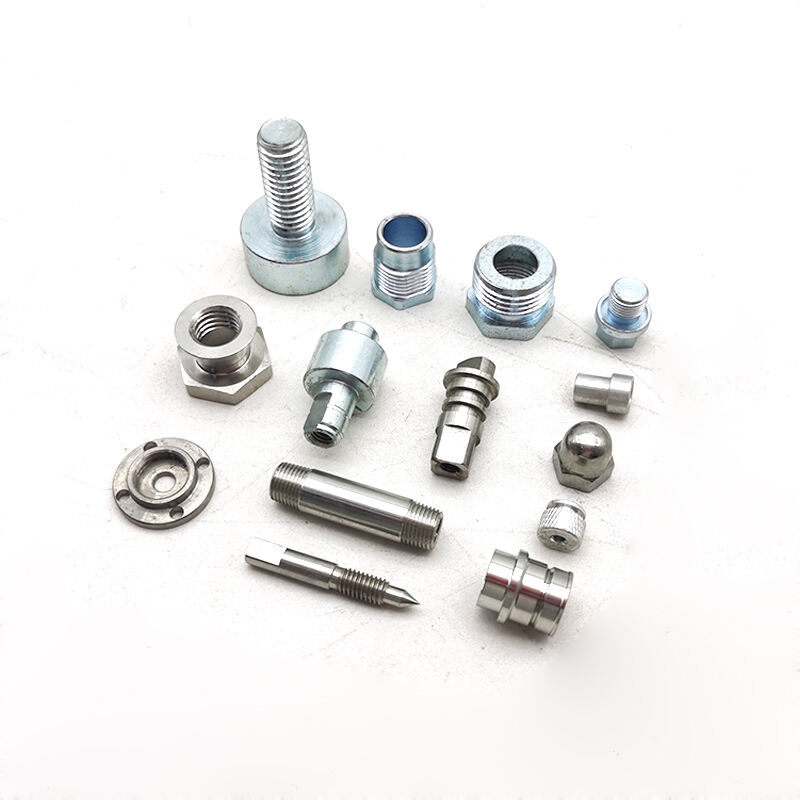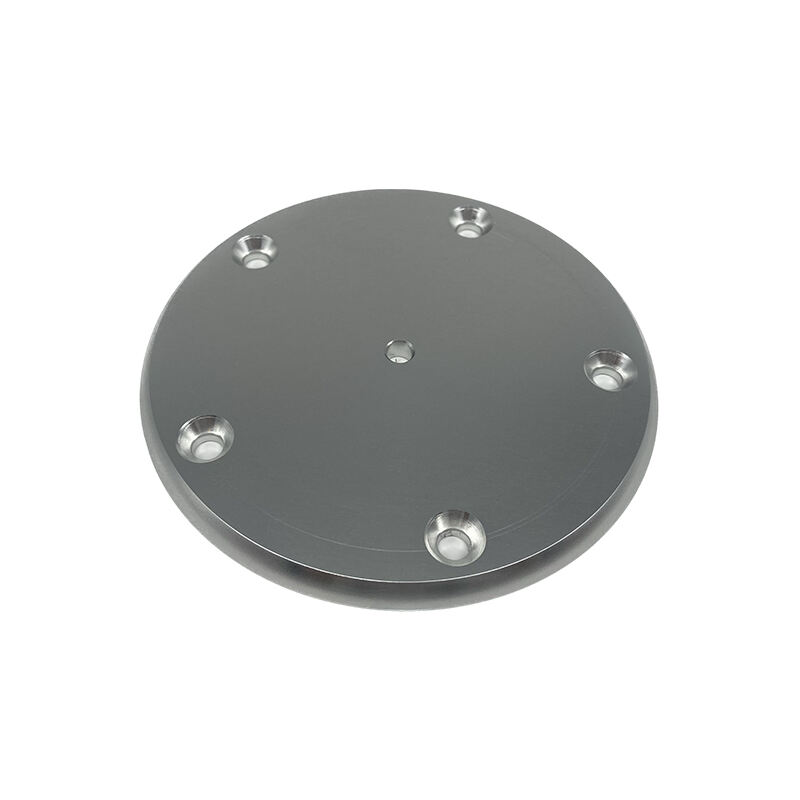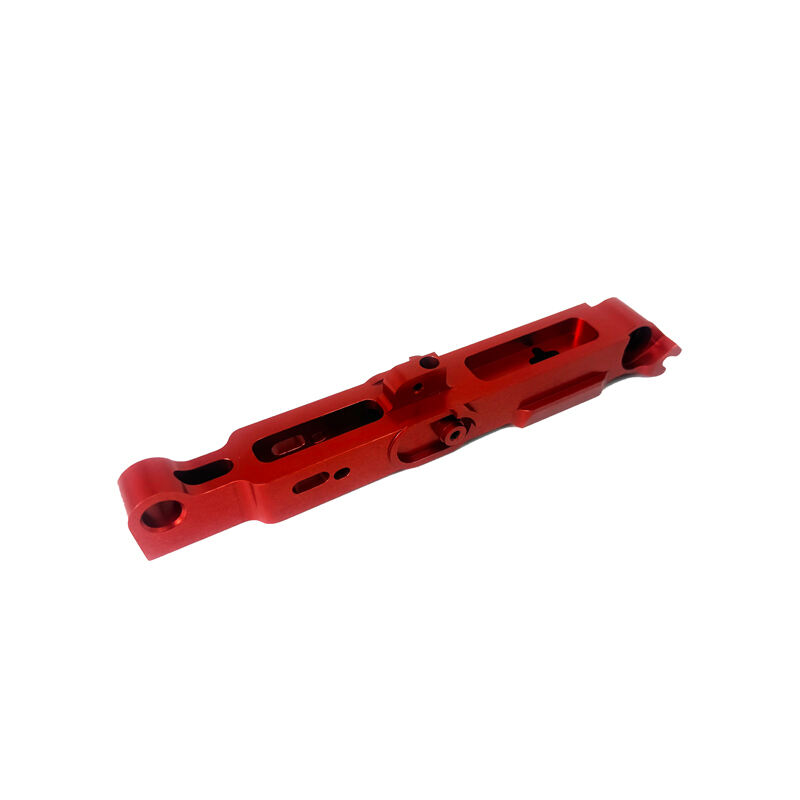custom cnc parts
Custom CNC parts represent the pinnacle of precision manufacturing in modern industry. These components are produced through Computer Numerical Control machining, a sophisticated process that transforms raw materials into highly accurate parts according to exact digital specifications. The technology employs advanced computer-controlled cutting tools that can move along multiple axes, enabling the creation of complex geometries and intricate designs with exceptional precision, often achieving tolerances as tight as ±0.001 inches. These parts find extensive applications across various sectors, including aerospace, automotive, medical devices, and industrial machinery. The manufacturing process begins with digital designs created using CAD software, which are then translated into machine instructions through CAM programs. This digital-to-physical workflow ensures consistent quality and reproducibility while allowing for rapid modifications when needed. Custom CNC parts can be manufactured from a wide range of materials, including metals like aluminum, steel, and titanium, as well as plastics and composites, making them versatile solutions for diverse manufacturing needs. The ability to produce both prototype and production quantities with equal precision makes custom CNC parts invaluable in modern manufacturing processes.


